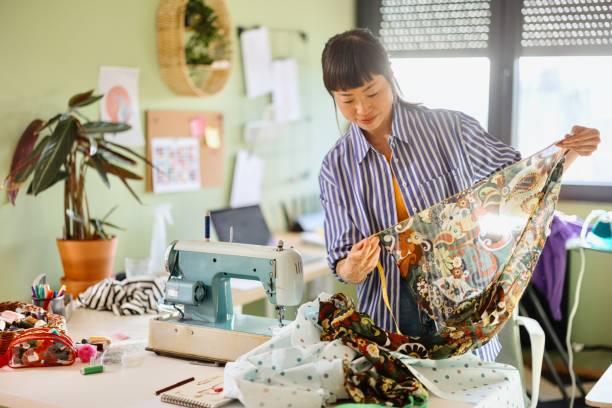The transition to sustainable fashion
In recent years, the fashion industry has witnessed a major shift towards sustainability. Fast fashion, known for its versatility and eco-charge, is slowly being replaced by eco-friendly practices. Consumers are increasingly aware of the harmful effects of waste, toxic synthetic chemicals and overuse. As a result, more and more people are now opting for sustainable fashion.
Emphasis is placed on using sustainable organic, recyclable and biodegradable materials, reducing the carbon footprint of the industry. Companies focus on timeless durability rather than ephemeral products, encouraging consumers to buy fewer but better quality clothes Ethical manufacturing strategies, a fair wages and safe working conditions for garment workers are also a priority within the group.
An important aspect of sustainable fashion is the growing trend of accessories sales and clothing exchanges. Antique and luxury stores are no longer viewed as outdated but as beautiful and environmentally responsible the fast clothes. Online platforms make it easier for consumers to buy and sell pre-loved clothes, extending their shelf life.
Moreover, transparency has become a priority for fashion brands. Consumers are now demanding more information about the origin and make of the clothes they buy. Companies that acknowledge this transparency and commit to sustainable practices gain trust and loyalty from consumers who are becoming more ecologically conscious.
The transition to sustainable fashion is not a spontaneous process; it is an important evolution. By supporting ethical and environmentally responsible practices, consumers can help build a more sustainable future for the fashion industry.




